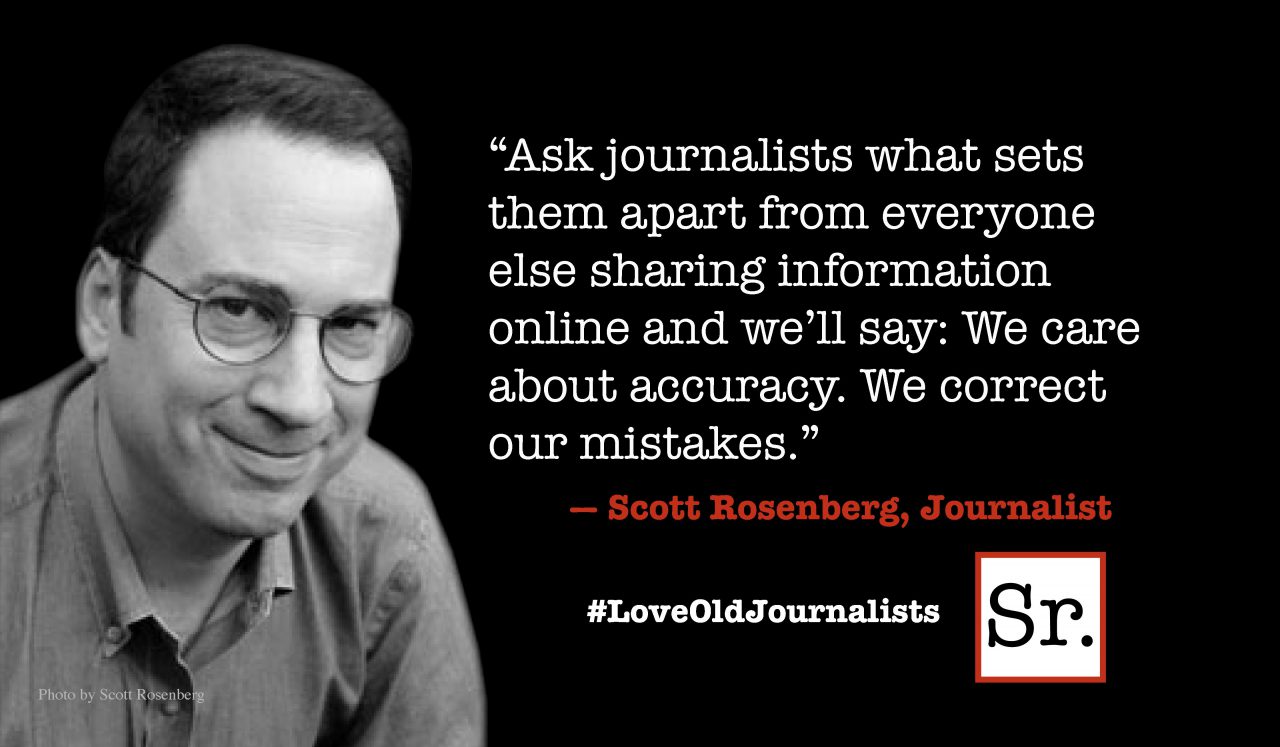Once you set out to articulate your personal code of life, you soon discover why so many choose to let someone else do it. All the world’s great faith communities, governments, political parties, and most social and fraternal organizations have codified their beliefs in a “good book” or series of laws, regulations, best practices, symbols, handshakes, what have you. The problem, of course, is it becomes relatively easy to find bits and pieces of these documents and rituals that contradict each other. This allows adherents of any particular “good book" to cherry-pick elements to satisfy their version of truth and leave the rest. This is how we get bloody schisms— folks following one subset of a belief system decide that they must confront, sometimes violently, those who have chosen another subset of beliefs to guide them.
When the document you examine for contradictions is one you have created, you often find yourself deep in heartfelt arguments with yourself. It would be nice to blame someone else for those discordant elements, but that’s not terribly productive and a touch schizophrenic.
The four tenets of distilled harmony— foster harmony, enable beauty, distill complexity and oppose harm— appear relatively free from ideological contradictions at first glance. Maybe I bookended the mantra with “foster harmony” and “oppose harm” so that it wouldn’t be as obvious that they are in direct contradiction. The first is philosophical similar to Isaac Asimov’s assertion that, "violence is the last refuge of the incompetent.” Mahatma Gandhi and Dr. King come to mind as significant, relatively recent adherents to that non-violent creed. But then you open your morning news emails and read about the latest atrocities committed by one group or another in order to enforce their notion of truth upon others, you wonder at what point one needs to move past fostering harmony to a remedy based in opposing harm.
These days, the media— corporate and social—, as well as coffeehouse conversations, ring with the sturm und drang of a contemporary geopolitics marked by a lot of volume and little reflection. Discord, angst, and variations of, “my way or the highway,” prevail. Often the people pontificating and voicing complaints, like me, have no power to implement the changes advocated for so strongly. Truthfully, what role do I have in determining who occupies the White House in Washington, DC or the Governor’s Mansion here in Raleigh, NC? I vote. I click and contribute my three or five dollars, several times, to the candidates whose positions are harmonize with mine. I sign online petitions in support of issues that seem to foster the harmonious interaction of people and the fragile earth where we live and on which we depend. And yet, I am not content to accept the notion that I, as a single digital data point among millions, in our hive-mind driven internet is the best that can be done.
Realizing the minimal influence I have on the world, I am content at the moment to let real, personal impact be my guide. The Cold War was a struggle between the U.S. and the U.S.S.R. to maintain and/or expand their spheres of influence. Spheres of influence are what political scientists and economists describe as countries or regions whose culture, policy, economy, etc. are heavily directed by the interests of another country or power. What, realistically, is my sphere of influence? How far is the reach of my behavior? How can I maximize harmony and reduce discord by opposing harm? If I restrict my area of angst to events and individuals that I can actually influence, the contradiction between foster harmony and oppose harm becomes less intense.
I have no real influence over the haters of the world. To directly thwart ISIS, to move our government out of gridlock, to reaffirm the value of higher education in the nation, these are goals beyond my meager abilities. But I may be able to exert a gentle influence over others— my students, my friends, those of you who encounter my ideas online. In those areas I will still give foster harmony precedence. I will attempt to champion harmony whenever possible. To foster harmony, through individual acts, is analogous to tossing a pebble into a pond. Harmony spreads out across the surface of the pond in gentle ripples that eventually fill out the surface. This may be the nature of my sphere of influence, largely invisible to me and of potential value to others.
As comforting as this conclusion may be, it does not entirely allay my fear of holding a place for “oppose harm” among the four major tenets of distilled harmony. The danger is that the haters of the world often pry their violent manifestoes from good books, interpreting passages as mandates for evil. It would be foolish to deny that evil exists in the world. In history, we find Stalin and Hitler. In the world that unfolds around me today, we find ISIS and other foreign and domestic terrorists. These manifestations of evil should not go unopposed, but that opposition must not subvert the moral dominance of harmony, allowing some evil, violent social contrariness to parade as truth.









